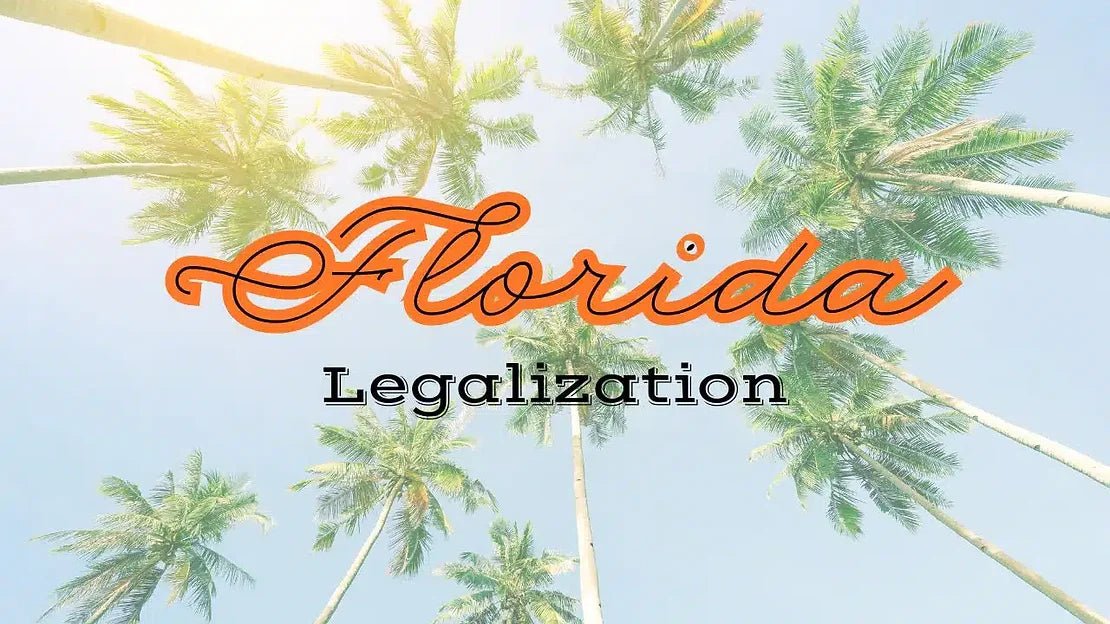All eyes now shift to the House, where detractors on both sides of the political aisle have extinguished previous attempts to establish a medicinal cannabis program.

With state legislatures nationwide in a mighty tug-of-war over what to do with legalized cannabis, medical and recreational, one legislative jurisdiction extremely familiar with the ebbs and flows of the polarizing political debate is the North Carolina State Assembly. For the third consecutive year, pro-cannabis legalization advocates are attempting to pass a medical marijuana bill during this latest session.
According to multiple local and national media outlets, the NC State Senate successfully approved a multi-faceted hemp/cannabis bill designed to establish both a medicinal cannabis program and the first set of regulatory guidelines for the much-maligned and misunderstood hemp industry in the state.
Last week, the NC Senate Judiciary Committee approved House Bill 563, a measure that would enact a new law prohibiting the sale of intoxicating hemp derivative (IHD) product offerings to individuals under 17 unless a parent or guardian provides consent. In addition to the provisions governing the state's burgeoning and lucrative hemp industry, the proposed bill also included an amendment offered by Sen. Michael Lazzara (R), with language enabling doctors to recommend medical cannabis to patients with specific qualifying conditions.
The text creating a medical marijuana program is almost identical to that contained in a couple of standalone bills from Sen. Bill Rabon (R), a cancer survivor who has attempted to sponsor several medical marijuana proposals in the past.
Unsuccessful in two previous attempts, senators like Lazzara took a decidedly different approach to finally establishing a much-needed and overwhelmingly popular medical cannabis infrastructure, this time by going the amendment route over a separate individual bill.
Under the amendment, doctors would be able to prescribe cannabis to patients if they have a "debilitating medical condition" such as cancer, epilepsy, HIV/AIDS, Parkinson's disease, multiple sclerosis, and post-traumatic stress disorder. Likewise, as part of their treatment, they would also be allowed to smoke, and vape prescribed cannabis products.
If the House approves the bill and the governor signs it into law, the new medical marijuana program would enable regulators to award up to 10 business licenses from a pool of less than 20 applicants chosen by the state cannabis commission.
Once awarded, each vertically integrated licensee could operate up to eight MMJ dispensaries. License fees total $50,000, plus an additional $5,000 for each proposed retail site.
With the measure's full Senate approval, attention now shifts to the House, where Lazzara's bill will receive a much less welcoming reception. To hopefully address potential reservations by more conservative-minded lawmakers, the legislation's architects added several provisions to quell any concerns over establishing a medical program, including one that exempts North Carolina from any status change for cannabis at the federal level.
Under that provision, any marijuana rescheduling or move to end the federal prohibition of cannabis would not change or affect the state's drug laws, meaning the General Assembly would have to pass specific laws legalizing the plant regardless of what the federal government decides to do.
However, despite those added legislative incentives, there is little optimism among political watchers or industry advocates that the third time will be the charm in the House. Although there is a better-than-good chance the MMJ/Hemp bill could pass the House, it is uncertain if Speaker Tim Moore will even allow a vote, according to WRAL in Raleigh. Over the past two years, Moore has denied a vote, citing too much opposition from his House colleagues.
While saying that "personally I support medical cannabis," Moore doesn't believe there are enough votes to support a full floor vote at this time.
"In terms of the medical cannabis, what we did was we took a poll of our caucus last year, and when we polled it, there were not the necessary 37 votes for it in the House," the speaker said. "So the day I'm informed that there are 37 yes votes for that on the floor, it can certainly come to the floor at that point for a vote."
"In terms of the medical cannabis, what we did was we took a poll of our caucus last year, and when we polled it, there were not the necessary 37 votes for it in the House. So the day I'm informed that there are 37 yes votes for that on the floor, it can certainly come to the floor at that point for a vote."
- NC State House Speaker Tim Moore (R)
One added element of potential economic and political pressure on the issue could come from the emergence of the medical cannabis program and adult-use retail business recently launched by the Eastern Band of Cherokee Indians (EBCI) this summer. Located predominantly in Western North Carolina, the EBCI's decision to establish an MMJ program and recreational sales could tip the scales in favor of House Bill 563.
While political ideology may rule the collective conscience of many North Carolina House members, the prospect of potential tax revenue disappearing into the Qualla Boundary coffers could be the exact motivation needed to reverse the fortunes of Lazzara's bill and make a medical cannabis program a reality for North Carolinians.





































